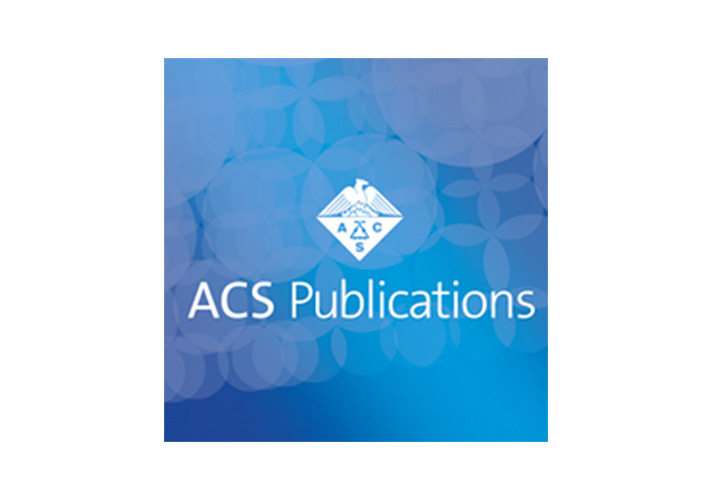Overview
Social and Environmental Justice in the Chemistry Classroom
Abstract
Despite advances in active learning pedagogy and other methods designed to increase student engagement in the chemistry classroom, retention and engagement issues still persist, particularly with respect to women and minorities underrepresented in STEM (science, technology, engineering, and mathematics) programs. Relevancy also remains elusive in the chemistry classroom, where real-world issues of social justice, health, and the environment are largely missing from chemistry curricula. As a result, students struggle to understand their role as change agents and global citizens with leadership responsibility toward developing solutions to these justice issues, particularly as they relate to chemistry and manufacturing industries. Green chemistry curriculum developed by groups such as the Molecular Design Research Network, Beyond Benign, Greener Education Materials for Chemists, and others is available for faculty to seamlessly integrate topics of social, health, and environmental justice problem-solving into their classes, with a focus on educating future chemists who recognize their role in solving (or preventing) global justice issues. The purpose of this paper is to share new instructional strategies needed to add relevancy to the life of chemistry students.
Introduction
New educational tools such as interactive technology, problem-based curriculum, peer-led team learning, and multidisciplinary synergy in research have led to a modern pedagogical approach to education with significant benefits for students. However, student engagement still persists as an issue in the classroom, (1-4) particularly in high-enrollment classes such as the general and organic chemistry series. (2, 3) While these courses do provide students with foundational chemistry knowledge and involve them in actively learning in the laboratory, “few students of science receive as an integral part of their scientific education an analysis of the social impact of science and rarely is there a mention of social responsibility”. (5) Relevancy is an important aspect of engagement and connection to chemistry. Reframing chemistry as a means to solve relevant matters and injustices promotes student engagement, develops global citizens, and heralds true multidisciplinarity.



































